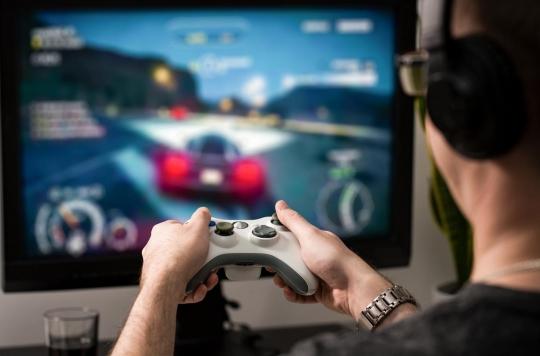Hours spent playing video games do not appear to be detrimental to gamers’ mental health.

- Video games are a popular form of entertainment, socialization, cooperation and competition.
- Around one billion people play video games worldwide.
“The ubiquity of video games fuels fears that they cause poor mental health. Health authorities and governments have taken far-reaching policy decisions to address the potential risks of gaming, despite the “lack of adequate data. The disconnect between concerns and evidence shows that we know too little about the impact of gambling on well-being”, can we read in a recent study published in the journal Royal Society Open Science.
No harm to mental health
As part of this work, researchers at the University of Oxford analyzed data from 38,935 people playing seven popular video games, such as Animal Crossing: New Horizons, racing simulators like Gran Turismo Sport and games more competitive ones, like Apex Legends and Eve Online.
According to the scientists, there was no “causal link” between gambling and poor mental health, regardless of the type of games one plays. However, the results suggested that motivations played a role in player well-being.
Healthier motivation was associated with positive well-being
“We found that the amount of play doesn’t really matter (for feelings of well-being). It’s not the amount of play, but the quality that matters… If they felt forced to gamble, they felt less well. If they gambled because they liked it, the data doesn’t suggest it affected their mental health. It seemed to give them a strong positive feeling,” said Andrew K. Przybylski, author of the research, in a statement.

















